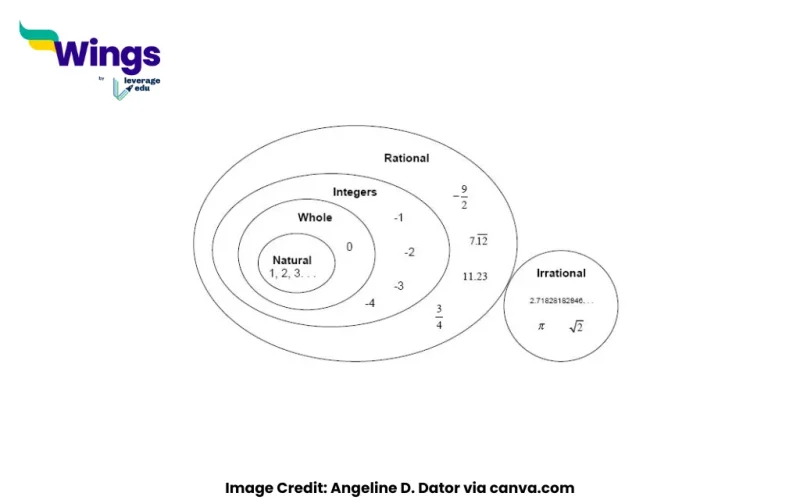0 is a rational, whole, integer, and real number, but it is not a natural or irrational number. Let’s break down why 0 belongs to some number sets and not others.
Is 0 a Rational Number?
Yes, 0 is a rational number. A rational number is any number that can be expressed as the fraction pq\frac{p}{q}, where pp and qq are integers, and q≠0q \neq 0. Since 0 can be written as 01\frac{0}{1}, 05\frac{0}{5}, or 0−7\frac{0}{-7}, it is indeed rational.
Is 0 an Irrational Number?
No, 0 is not an irrational number. Irrational numbers cannot be expressed as a simple fraction and have non-repeating, non-terminating decimal expansions (like π\pi or 2\sqrt{2}). Since 0 can be written as 01\frac{0}{1} and has a terminating decimal representation (0.000…), it is not irrational.
Is 0 a Natural Number?
No, 0 is not considered a natural number in the standard definition. Natural numbers are typically the counting numbers 1,2,3,4,1, 2, 3, 4, and so on. However, some mathematicians and number systems include 0 as a natural number, but traditionally, the set of natural numbers starts from 1.
Is 0 a Whole Number?
Yes, 0 is a whole number. Whole numbers include all natural numbers along with 0. The set of whole numbers is {0,1,2,3,4,… }\{0, 1, 2, 3, 4, \dots \}, meaning 0 is the smallest whole number.
Is 0 an Integer?
Yes, 0 is an integer. Integers include positive numbers, negative numbers, and 0: {…,−3,−2,−1,0,1,2,3,…}\{…, -3, -2, -1, 0, 1, 2, 3, …\}. Since 0 is neither positive nor negative, it is classified as an integer.
Is 0 a Real Number?
Yes, 0 is a real number. Real numbers include all rational and irrational numbers, meaning any number that can be placed on the number line. Since 0 is rational, it is automatically a real number.
In summary, 0 is a rational, whole, integer, and real number, but it is not a natural or irrational number. Understanding the classification of 0 helps in various areas of mathematics, from basic arithmetic to advanced number theory.
Common Doubts


 One app for all your study abroad needs
One app for all your study abroad needs











 60,000+ students trusted us with their dreams. Take the first step today!
60,000+ students trusted us with their dreams. Take the first step today!